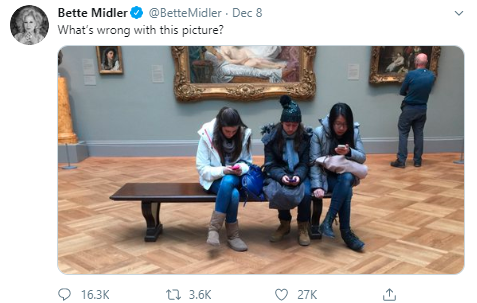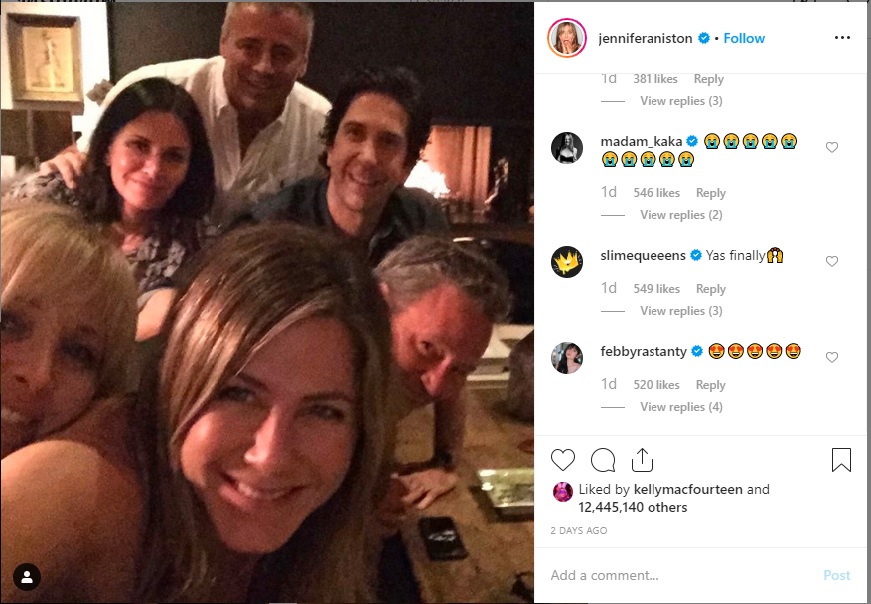Vigilante Tweeting: Why You Should Be Careful In Public
We’ve all sat next to that guy, the one who discusses ostensibly “private” information on his cell phone in a public space at a decibel level more commonly found on the average lawnmower.
When you’re that person’s captive—say, because you’re on a packed bus or train with no other available seats—you might even harbor fantasies of exacting some sort of well-deserved revenge.
Well, some people are getting revenge by publishing the details of their loudmouth neighbors’ “private conversations” to their Twitter feeds and other social networks.

Call it “Vigilante Tweeting.” Let’s say I’m seated next to a loudmouth attorney on a bus one morning who won’t shut up about the case he’s working on. As I’m still wiping the sleep from my eyes trying to have a quiet start to my morning, he’s shouting about his strategy to beat the defendant. I could punish the attorney’s lack of discretion by sending out a “vigilante tweet” containing the lawyer’s name and the details of the case he revealed on the phone.
To be clear, I haven’t done this before (although it’s tempting). But others have.
Rather famously, PR superstar Peter Shankman was on train a few years back when a man seated near him pulled out his cell phone and said, “Apologies in advance, I talk a lot.” Shankman sent out a vigilante tweet telling his followers that he was going to live stream his seatmate’s entire conversation—and he did, using Yahoo! Live.
Setting aside the legality or morality of making his seatmate the unwitting star of his own Internet show, it’s another instructive reminder of the dangers of speaking too loudly in public space.
This trend has a less invasive, milder form, as well. As an example, I follow a blogger named Eddie Scarry (@escarry), who writes for the website Fishbowl DC. He tweets a regular series called “Eavesdrop Café,” in which he goes to a local coffee shop, listens in on other people’s conversations, and tweets out their quotes.
Job interview going on right next to me. GIDDY. #EavesDropCafe
— Eddie Scarry (@eScarry) February 27, 2013
Reasons the guy has given for why he wants to work here: “The energy” (he has said this four times) and “the area.” #EavesDropCafe
— Eddie Scarry (@eScarry) February 27, 2013
Potential new employee says he has “flexible” hours but “prefers” to work weekdays. Good answer. #EavesDropCafe
— Eddie Scarry (@eScarry) February 27, 2013
Eddie is more respectful than a true “vigilante tweeter,” since he says he would “never tweet out anything that would explicitly reveal the subject of my tweets.” Rather, he says, “It’s simply a type of voyeurism for my followers.” And, as one of his followers, I can tell you that his #EavesDropCafe tweets are oddly compelling.
The bottom line? Remain aware of your surroundings and your volume. There may be someone within earshot who will capitalize on your obliviousness.
Have the best of the blog delivered to your inbox twice per month! Enter your name in the box below to join our mailing list.



I feel that our smart phone culture is fueling passive-aggressive behavior. Instead of speaking up we are channeling aggression into Twitter and other social networks. We hide behind our phones. It also seems to me that people would rather connect with the ether than with other people that are seated right next to them. There’s all sorts of wrong with the behavior of everyone in your post: the loud cell phone user, the voyeur and Peter Shankman. The wrong is a complete lack of respect and/or courtesy for the privacy and comfort of those around them.
As a daily train commuter, I can’t tell you the amount of times I’ve also fantasized about posting a “vigilante tweet” – but I’ve always resisted, remembering my parents advice to always “rise above” such situations. When on a train, I always put my phone on silent (it’s on vibrate, so I never miss an important call) and avoid taking calls if I can. My phone has a voicemail, and if it’s important they’ll leave a message.
I concur wholeheartedly with Deborah. While I can understand and appreciate the desire to do what Peter and others do, not acting on our every desire is what makes us a civilized society. Smartphones have not only created an environment where we feel we can and should advise the world of our every thought the moment we have it, but it has encouraged sophomoric behavior among our fellow human beings. We’ve devolved into a culture of schadenfreude, where we only get amusement out of either witnessing or revealing another person embarrassment or pain.
It’s also caused us to hide behind the excuse of “I’m just giving my audience what they want.” Every blogger, tweeter, or Facebook user feels they have an “audience” that “requires” content. It’s an arrogant supposition that turns every social media participant into a wanna-be entertainer who is the star of their own show. Scarry’s argument that “It’s simply a type of voyeurism for my followers” is a clever way for him to distance himself from any moral or ethical culpability–he’s just giving his audience what they want.
I personally think it’s shameful because we as PR professionals strive to be the moral center of our organizations. By counseling our colleagues on transparency and ethical communication, we seek to avoid the PR sins of the past in which our profession was centered around publicity and “spin.” Yet we are just as quick as the next person to turn into high-schoolers by telling the world in 140 characters or less that the guy sitting next to us on the bus isn’t just fat and smelly, but he just picked his nose and ate it. It’s brought out the worst in us as a society, and I’m profoundly sad for it.
Deborah, Art, and James –
Thank you for your thoughtful comments. It’s clear that this story elicited a strong, visceral reaction from all of you, and I can understand why. In some ways, it feels like this behavior violates the simple children’s edict that “two wrongs don’t make a right.” I feel less strongly about what Eddie is doing—at least his subjects remain anonymous. But I agree the Shankman took it a step further, going beyond “passive aggressiveness” to “aggressive aggressiveness.”
In the end, I understand the very human instinct to want to fight back against boorish public behavior by getting some form of revenge. I’d be lying if I claimed I haven’t harbored fantasies of doing the same thing. But for many of the reasons you’ve both mentioned, I’ve decided to not to engage in “Vigilante tweeting” to shame public loudmouths.
Thanks for taking the time to read and comment on the story.
Brad